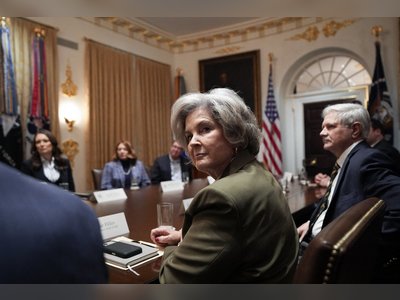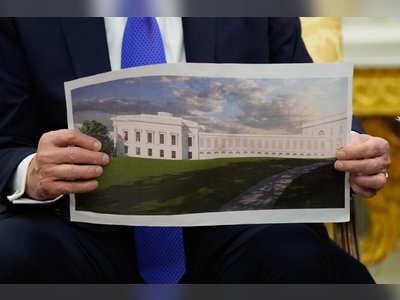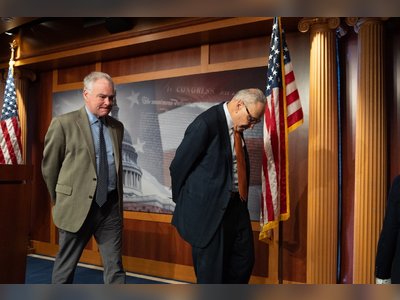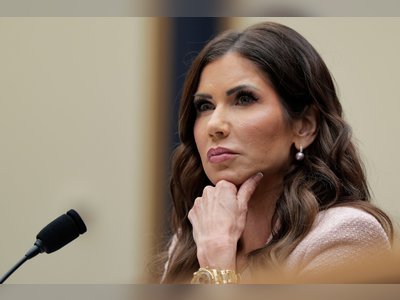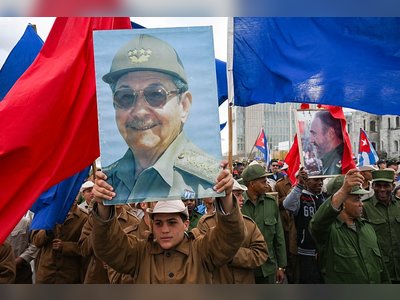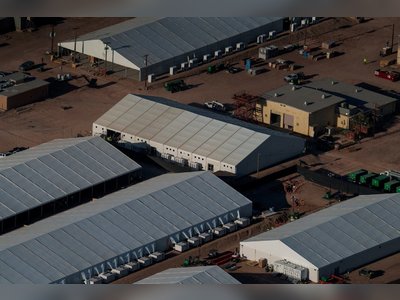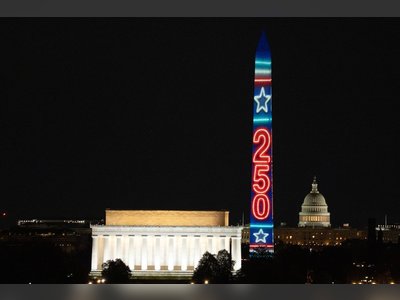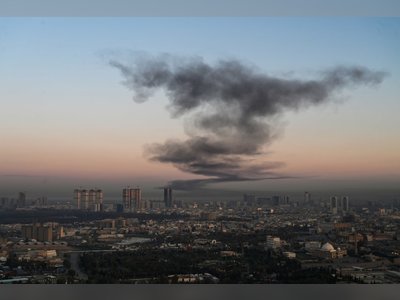Putin's Paradox: Claiming Strength in the Wake of Ukraine's Conflict
Amidst economic strain and geopolitical challenges, Russia navigates the complexities of power projection.
In a recent and bold proclamation, Russian President Vladimir Putin asserted that the ongoing conflict in Ukraine has indeed made Russia 'much stronger.' This assertion flies in the face of a multitude of challenges that Russia currently faces: a beleaguered economy due to stringent international sanctions, a costly and protracted military engagement, and notable casualties among its forces.
The claim of increased strength seems, at first glance, counterintuitive.
Yet, from Putin's perspective, the ongoing crisis has been a crucible that has spurred military innovation.
Under significant pressure, Russia has advanced its military capabilities, particularly evident in the development of the Oreshnik hypersonic ballistic missiles.
Proponents of such advancements could argue that adversity has driven technological evolution within Russia's military sector.
However, these military strides come at a severe cost.
The human toll, financial burden, and the ethical discourse surrounding Russia’s aggressive tactics call into question the true value of this 'strength.' A holistic understanding of national fortitude involves more than military prowess—it includes economic vitality, international reputation, and moral standing.
Crucially, Putin's portrayal of a strengthened Russia is not limited to the battlefield.
It aims to project an image of geopolitical resilience, attempting to mask the deteriorating international standing Russia faces as a result of its actions in Ukraine.
With the recent shift in Middle Eastern dynamics—marked by the change of power in Syria following Assad's departure—Russia's influence in the region has waned, further complicating its geopolitical calculus.
Putin's narrative, delivered with characteristic bravado, serves as both a strategic distraction and a domestic propaganda tool.
By framing external adversities as under control, the Kremlin seeks to consolidate power internally, maintaining an image of triumph and stability amidst chaos.
Yet, the facade of strength often crumbles under scrutiny.
Ukraine's strengthening alliances with Western powers and NATO further isolate Russia, risking the very paradigm of strength envisaged by Putin.
This brings into stark relief the inherent contradiction in Putin's claim.
While some internal advancements can be acknowledged, they do not paint the full picture of the current Russian state.
As the philosopher Nietzsche once mused, 'That which does not kill us makes us stronger,' but the sustainability of this approach remains dubious for Russia.
As the international community watches closely, the real test will be whether Russia can translate this perceived strength into long-term strategic gain without succumbing to the significant pressures that continue to mount.
The claim of increased strength seems, at first glance, counterintuitive.
Yet, from Putin's perspective, the ongoing crisis has been a crucible that has spurred military innovation.
Under significant pressure, Russia has advanced its military capabilities, particularly evident in the development of the Oreshnik hypersonic ballistic missiles.
Proponents of such advancements could argue that adversity has driven technological evolution within Russia's military sector.
However, these military strides come at a severe cost.
The human toll, financial burden, and the ethical discourse surrounding Russia’s aggressive tactics call into question the true value of this 'strength.' A holistic understanding of national fortitude involves more than military prowess—it includes economic vitality, international reputation, and moral standing.
Crucially, Putin's portrayal of a strengthened Russia is not limited to the battlefield.
It aims to project an image of geopolitical resilience, attempting to mask the deteriorating international standing Russia faces as a result of its actions in Ukraine.
With the recent shift in Middle Eastern dynamics—marked by the change of power in Syria following Assad's departure—Russia's influence in the region has waned, further complicating its geopolitical calculus.
Putin's narrative, delivered with characteristic bravado, serves as both a strategic distraction and a domestic propaganda tool.
By framing external adversities as under control, the Kremlin seeks to consolidate power internally, maintaining an image of triumph and stability amidst chaos.
Yet, the facade of strength often crumbles under scrutiny.
Ukraine's strengthening alliances with Western powers and NATO further isolate Russia, risking the very paradigm of strength envisaged by Putin.
This brings into stark relief the inherent contradiction in Putin's claim.
While some internal advancements can be acknowledged, they do not paint the full picture of the current Russian state.
As the philosopher Nietzsche once mused, 'That which does not kill us makes us stronger,' but the sustainability of this approach remains dubious for Russia.
As the international community watches closely, the real test will be whether Russia can translate this perceived strength into long-term strategic gain without succumbing to the significant pressures that continue to mount.


